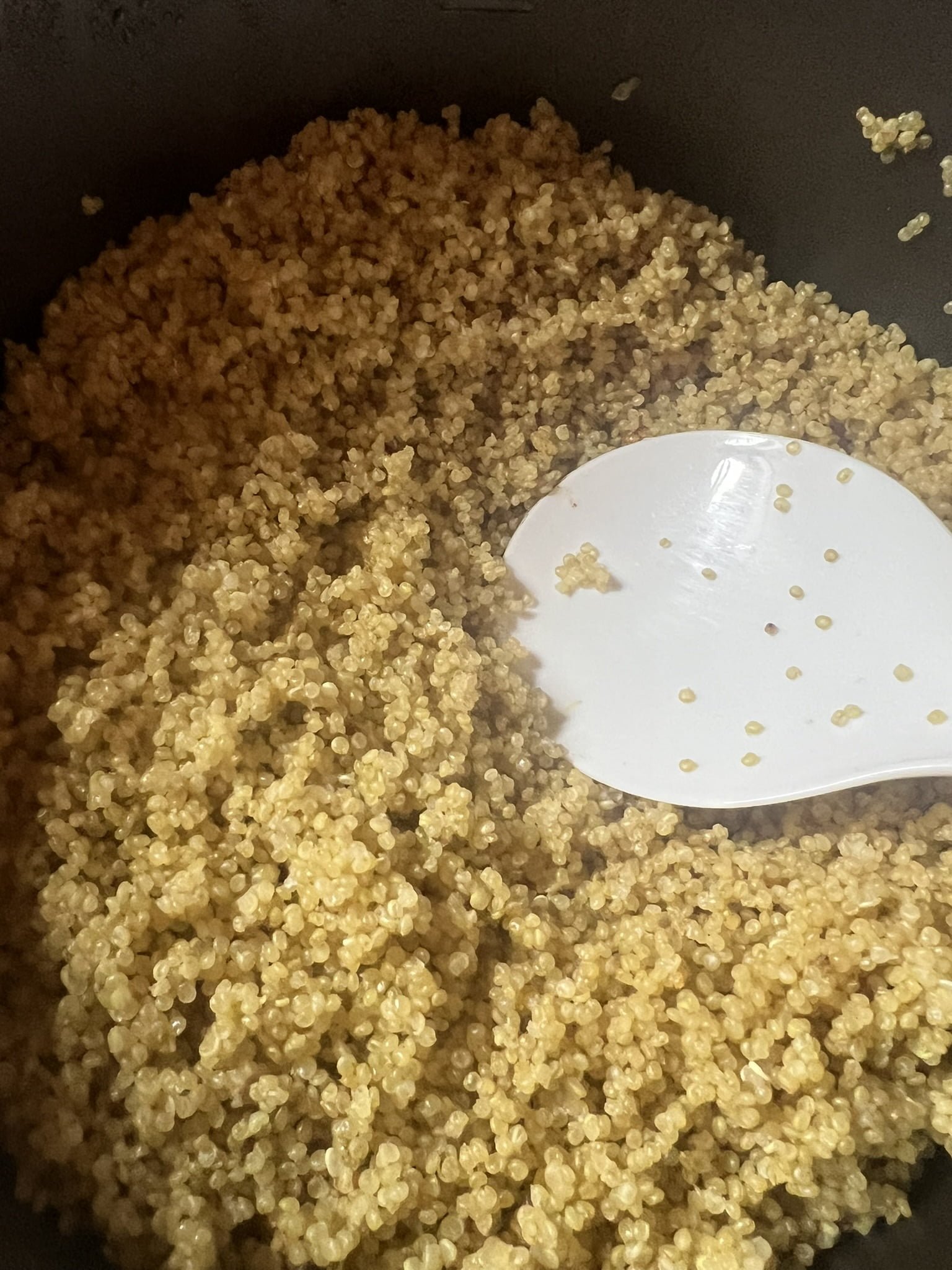
Introduction: How to Create Your Own Recipes
Learning to create your own recipes can be a fun yet daunting experience. Whether you are a seasoned home cook or a culinary master, learning to create your own recipe requires a blend of science, creativity, and intuition. In this guide, we’ll review some essential tips to create your own recipes.
Understand The Basics of Cooking
Before you start experimenting with creating your own recipes, it is important to understand cooking basics. Knowledge of flavor profiles, cooking techniques, and how ingredients blend together is essential. Knowing basic cooking techniques will give you a solid foundation to create your own recipes.
Master Basic Cooking Techniques
Mastering a few basic techniques will make your kitchen adventures more fun and enjoyable! These cooking techniques will also allow you to try more advanced recipes. Here are a few of our essentials:
- Chopping and Knife Skills: A chef’s knife is the most used item in any kitchen. Understanding basic chopping, dicing, and mincing techniques will make your cooking process faster and smoother.
- Boiling and Simmering: Boiling and simmering are essential for making pasta, rice, soups, sauces, and glazes. Boiling involves a rolling boil, whereas simmering keeps the temperature just below the boiling point.
- Sauteing: Sauteing is cooking meat, vegetables, fish, or other foods in a small amount of oil or butter over medium-high heat.
- Seasoning: Understanding how to season food with salt, pepper, and other basic spices is crucial to improving the flavor of your dishes.
- Taste Testing: Tasting food throughout the cooking process is key to achieving good flavor.
Experiment with Flavors and Ingredients
Experimentation is at the heart of almost all recipe creation. Always allow your creativity and personal preferences to come into play! When cooking, experiment with different combinations of flavors, spices, and textures. Herbs and spices can change the flavor profiles of a dish. I recommend experimenting with seasoning until you find combinations you enjoy.
When preparing food, the texture can also contribute to the taste! Learn about different ingredients and combine crunchy, creamy, soft, and chewy textures to change the appearance and taste of a dish.
Tip
Recipe Testing and Feedback
While cooking, it is important to periodically taste and adjust your dish to ensure everything is as expected. Test and retest different combinations of spices, herbs, and sauces until you’ve created something you enjoy. Make note of the changes you make so your recipe can be replicated in the future!
Presentation is Important
When creating your own recipes, presentation is important. A well-presented dish can be more appealing, especially if you’re serving to groups! Plating and presentation are difficult to master. Try experimenting with different plates, serving dishes, and arrangements on the plate. Additionally, pair different side dishes and main courses for different color palettes.
Creating Your Own Recipes
While there are technical aspects involved, learning to create your own recipes is fundamentally a creative process. I typically begin by selecting the main component of the meal. I look for specific flavors that work well with the main dish, then begin paring spices and seasonings until I create something I think will work well together. When cooking, I’ll constantly modify my initial recipe – adding spices, herbs, or other flavor modifiers until I create a balance that I like. Finally, I’ll record my final recipe, along with any potential improvements for the future.
If I plan a full meal, I’ll repeat this process for each side dish, sauce, and glaze until I’ve created a plate of food I enjoy!
Final Notes
Creating recipes unlocks a whole new level of cooking. With a basic understanding of kitchen skills and flavors, anyone can create dishes that are impressive and tasty! If you’re ready to give it a try, check out our recipe index for inspiration. Once you’ve developed your first culinary masterpiece, make sure to submit it to be featured on our site!
I record many of my recipes in Notion, but you can also get a physical recipe book to keep with you in the kitchen!




Leave a Reply